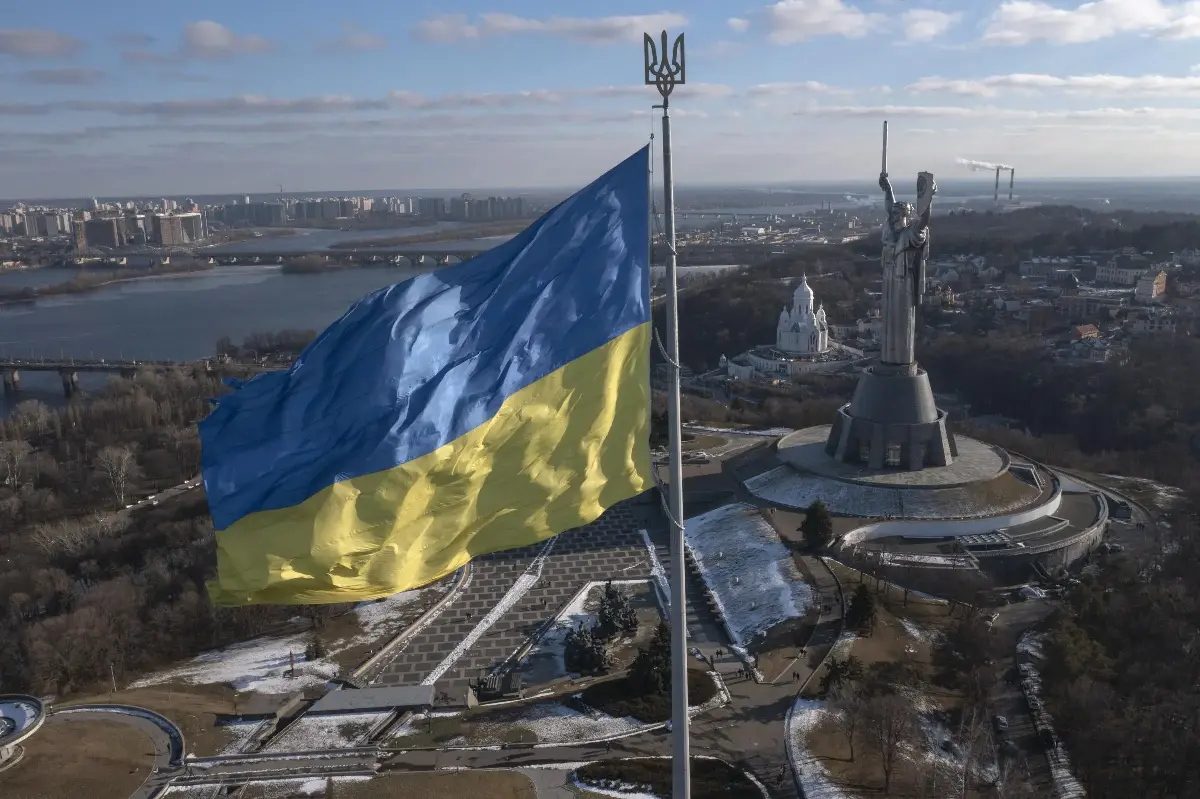
Vuoi accedere a questo ed altri contenuti riservati?
Accedi se sei abbonato o fai click qui per richiedere il servizio
Russia-Ukraine: one year after the war
Awaited Russian offensive in the Spring, while China and the USA work for peace

A year passed since the start of the Russia-Ukraine war. It was February 24, 2022: that night vehicles and soldiers of the armed forces of Moscow penetrated enemy territory, for what was to be a "blitzkrieg", which should have led to the capture of the capital Kiev and the replacement of Ukrainian President Volodymyr Zelensky with a pro-Russian executive. None of all this happened. Peace is now far...
Gic - 1249717
AVIONEWS - World Aeronautical Press Agency
AVIONEWS - World Aeronautical Press Agency